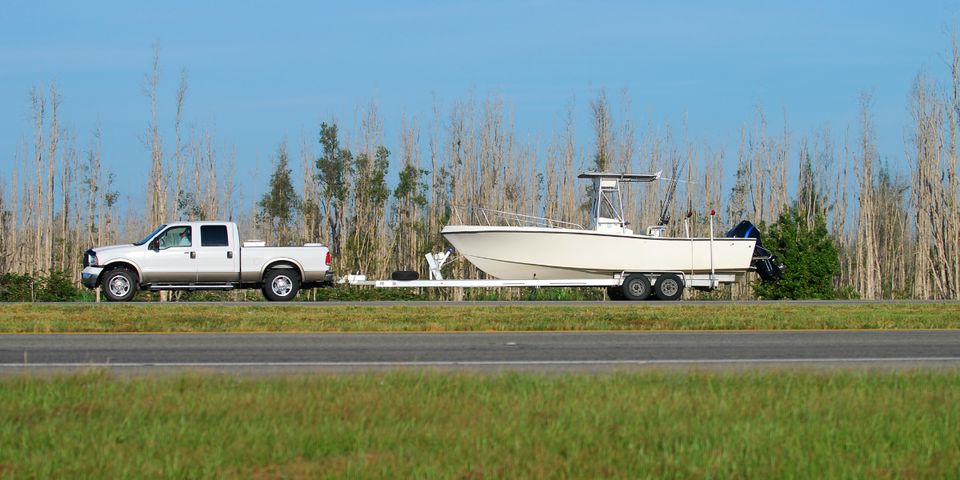
If you own a boat, speaking with an insurance agent to secure coverage will help protect this investment. A comprehensive policy will compensate you if the vessel breaks, and it also shields you from potential liabilities while out on the water. If you're new to this type of insurance, below are several aspects about it that you may not know.
What You Should Know About Boat Insurance
1. Covers Gaps
When the boat is on your property, the home insurance policy protects it. However, this coverage is limited to damage and vandalism that occurs when you are not using it. This means you won't have protection when you are on the water, which is why securing a separate policy is necessary.
This ensures you have protection if you accidentally cause an injury or property damage with the boat. The policy also provides coverage for medical payments. Your insurance agent will also walk you through the coverage, which usually includes repairs and replacements. Then, you can choose whether you want to insure the depreciated cash value of the boat or a set amount based on the vessel's value.
2. Saves Money

As you speak with an insurance agent, ask them about the available money-saving options. Often, the easiest way to save money is by bundling all your insurance policies under one carrier. Also, if you haven't purchased the boat yet, you can enjoy lower premiums if you purchase a used model that isn't as expensive.
If you have an existing vessel, installing safety devices will lower your costs. For example, keeping a fire extinguisher and communication radio onboard help you stay safe during emergencies, so inform your insurance agent about these items.
3. Requires Additional Coverage
Most boat insurance policies include personal property coverage and emergency towing and assistance coverage. The former covers your possessions on board, while the latter provides reimbursement for nonthreatening events, such as fuel delivery. However, you may need to add additional coverage to ensure you're properly protected.
Ask your insurance agent about liability protections that cover specific events, such as if a fuel spill occurs. Both containing and cleaning up the spill are necessary to prevent contamination, and this can be expensive. The coverage should also transfer to another boat if you need to use another vessel, which is known as nonowned coverage. You may also need to add the trailer to the policy for protection when you are transporting the boat.
If you’re ready to invest in boat insurance, contact Stidham Insurance Agency in Dumas, TX. Proudly serving clients throughout the Texas Panhandle, they offer a variety of services to protect your most valuable investments, including your home and vehicle. Visit the website to learn more about their insurance options, and call (806) 935-6888 to speak with an insurance agent.
About the Business
Have a question? Ask the experts!
Send your question

